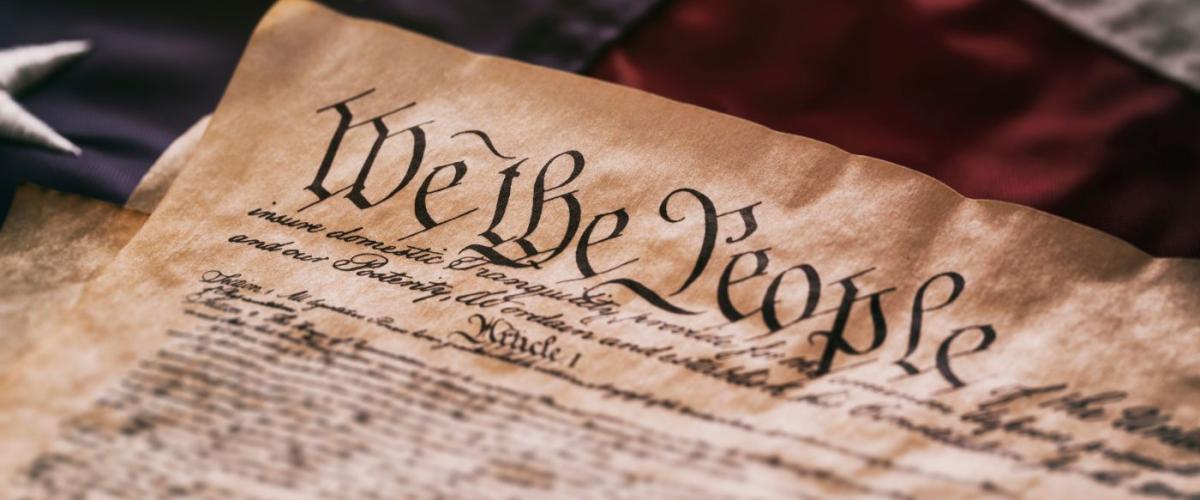Third-year law students at Case Western Reserve University School of Law take part in an intensive real-world experience during their capstone courses. 3L Olivia Cobb is undertaking a full-time, self-arranged capstone with Diné be’iiná Náhiiłna be Agha’diit’ahiim, otherwise known as DNA People's Legal Service in Window Rock, Arizona. DNA People’s Legal Services offers free legal services to under-resourced and low-income clients across three states and the sovereign Navajo, Hopi and Jicarilla Apache Nations. Cobb discusses the benefits and challenges of the experience below.
What has been the most rewarding part of your capstone thus far?
Hands down: working with clients and living in relationship with tribal advocates.
Members of the Navajo and Hopi nations can sit for their Tribe’s bar without attending law school. This brings a lot of variety to people’s approach to legal problem-solving. I have learned so much about myself and about legal practice by working with tribal advocates.
While I am still figuring out my role as an outsider working in these spaces, it has been wonderful to work in offices with such close ties to the community they are in service with. Also, all of the ladies and I can gush over how much we love George Strait, which I love and wouldn’t trade for anything.
It’s also very rewarding to have my own cases. I get to be the person who catches legal nuances that can make or break an argument for a client. And I think my best skills are my client-facing ones, so it’s been nice to feel like I’m good at what I do! I was overdue for the confidence boost!
What has been the most challenging part of your capstone thus far and how have you navigated it?
The two hardest parts of this position have been:
- being self-aware of my role as an outsider who represents an oppressive group and
- managing my time realistically.
For the first challenge, I am never acting as just “Olivia”—I am always acting as Olivia and as a white woman and a law school-trained practitioner and a small-town Ohioan and as someone who reaps the benefits of colonial invasion and, heartbreakingly, the genocide of Indigenous Americans.
There is no separating my identities from my actions—they all happen in a jumble together. This makes it difficult to tell the difference between advocating for a client and steamrolling an important cultural difference. But it’s such a rich, complex and rewarding thing to navigate.
Working in the Navajo and Hopi governments while trying to be a respectful, effective advocate feels like learning a new language. It’s frustrating, and exhausting, and completely changes the way my brain works. It was exactly what I was hoping for and so much more than I could have imagined.
Sometimes I’m forced to see law and society in such a new framework that I can genuinely feel parts of my brain working that I have never felt before. I have grown hugely from this challenge. But don’t get me and all my growth wrong, I still regularly make a fool of myself!
The other hardship is less specific to this role but just as important—it’s really hard to know how much I can handle. I hate saying no to projects, especially when it means a client doesn’t get help, and I know it’s important to not overwhelm myself. I’m still working on that. I might be working on it forever!





